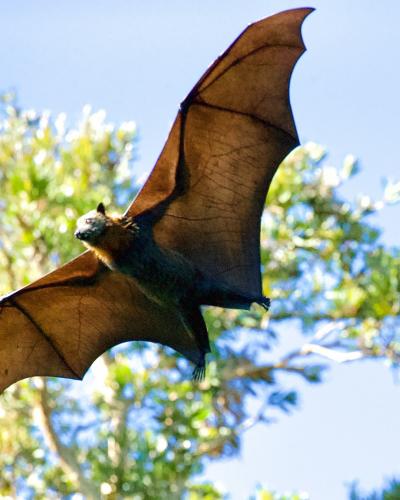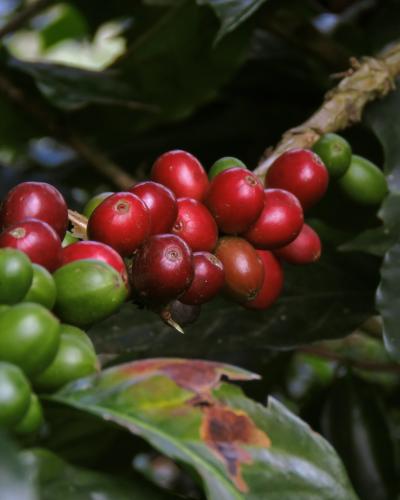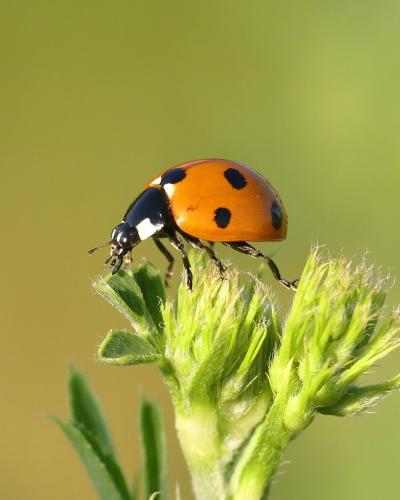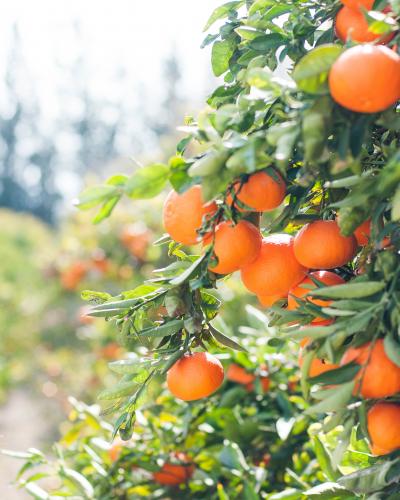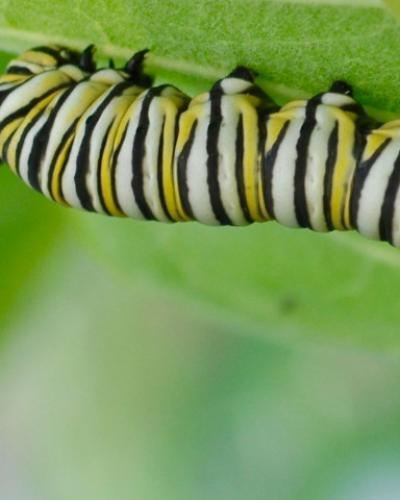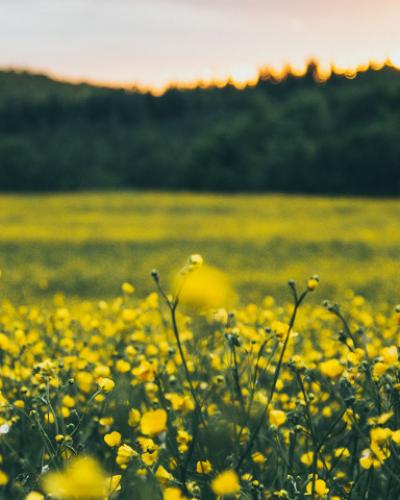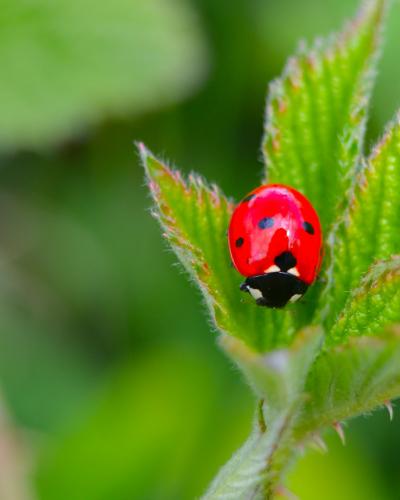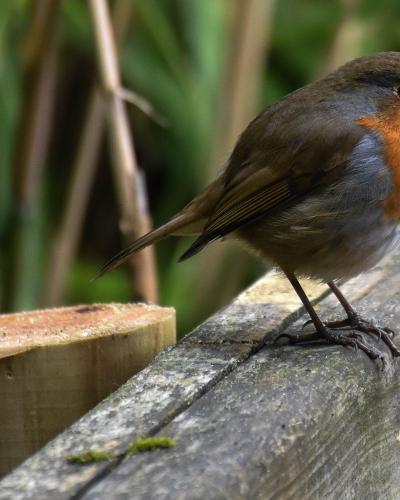Foraging bats–bats who live in green spaces– prefer organic farms over conventional farms, according to a recent Italian study. Farm management was the greatest indicator of bat activity, and...
Jan 24, 2022
Despite the use of chemical pesticides to combat the economically important coffee berry borer pest, a new study in IOP Conference Series: Earth and Environmental Science finds that non-chemical...
Dec 06, 2021
A new study published in the Journal of Applied Ecology shows the importance of maintaining biodiversity to achieve natural pest control and reduce the use of insecticides. Specifically, the study...
Jul 05, 2021
Organic farmers rely on natural predators to help control their crop pests rather than using chemical sprays. A new study published in the Journal of Applied Ecology found that using organic...
Mar 15, 2021
In an effort to reduce the use of harmful pesticides, farmers are looking for ways to enhance natural pest control by boosting numbers of natural predators of pests on their farms. A recent study...
Dec 07, 2020
Natural habitat like woods and natural grasslands are known to support more insect and wildlife biodiversity than agriculturally intensive landscapes, but not all insects and wildlife such as...
Oct 12, 2020
Organic farming is known to increase natural pest control that helps organic farmers overcome reliance on chemical pest management. While the common perception is that natural pest control is...
Sep 28, 2020
Hedgerows and flower strips are often planted among crops to boost beneficial insect populations, but there are few comprehensive studies that compare different types...
May 18, 2020
Chemical control of pests using synthetic insecticides like neonicotinoids, organophosphates and pyrethroids can harm non-target insects such as natural enemies to pests. A recent study published...
Mar 30, 2020
Photo Credit: Ron Dauphin
Certified organic farms are required to support biodiversity, which in return provides important services back to the farm and improves...

